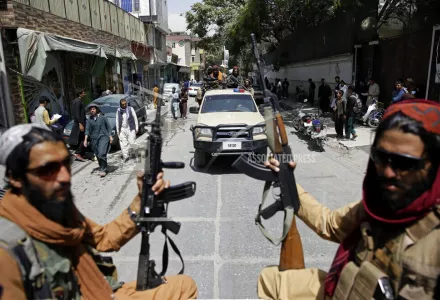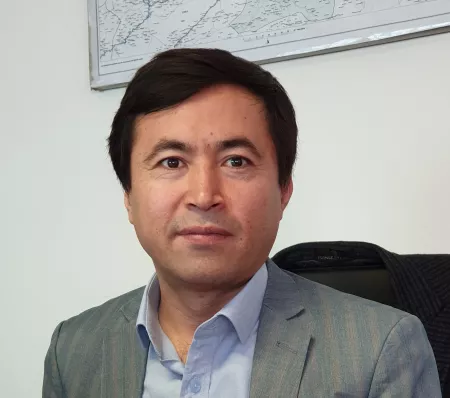The Taliban recaptured power nearly a year ago. The return of the Taliban swept aside the U.S.-backed Afghan government after twenty years of international support only weeks before the 20th anniversary of the 9/11 attacks. The regime’s return has profound security implications for Afghanistan and its neighbours, and understanding these will guide the discussion. Despite the withdrawal of all international forces, the conflict in Afghanistan has not ended for Afghans or its neighbours who are tackling the ripple effects of the Taliban’s return. The recent U.S. drone attack that killed Osama bin Laden’s successor, al-Qaeda leader Ayman al-Zawahiri in downtown Kabul demonstrates that the Taliban protect global terrorists. Although unsurprising, Zawahiri’s discovery in the heart of the Afghan capital raises questions about developments across the terrorist landscape. Terrorist groups in the region and within Afghanistan are celebrating the Taliban’s victory and looking to replicate its success across the region. Moreover, the Taliban feel emboldened to conduct their affairs with impunity following the U.S.-led coalition’s withdrawal from the country.
This discussion will examine vital questions relating to the political, security, and humanitarian challenges facing the country and what can be done about them.
-
What lit the fuse for the Taliban’s return to power?
-
What impact did the Doha agreement have on insurgent violence in Afghanistan?
-
To what extent did the U.S.-led coalition tackle the question of Taliban sanctuaries in Pakistan?
-
What are the main regional implications of the new political reality and how are Afghanistan’s neighbours responding to the Taliban regime?
-
What does the Taliban’s come back mean for violent extremism in Afghanistan and outside its borders?
-
What is the current state of the humanitarian crisis in Afghanistan and what measures have been adopted in response?
-
What can be done to stem the interlocking political, security, and humanitarian challenges?
This event will present a rich tapestry of ideas from researchers and practitioners with experience of having served in Afghanistan. The discussion will draw on rich scholarship, first-hand insights, and evidence-based research.







